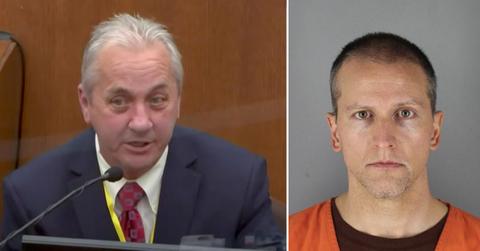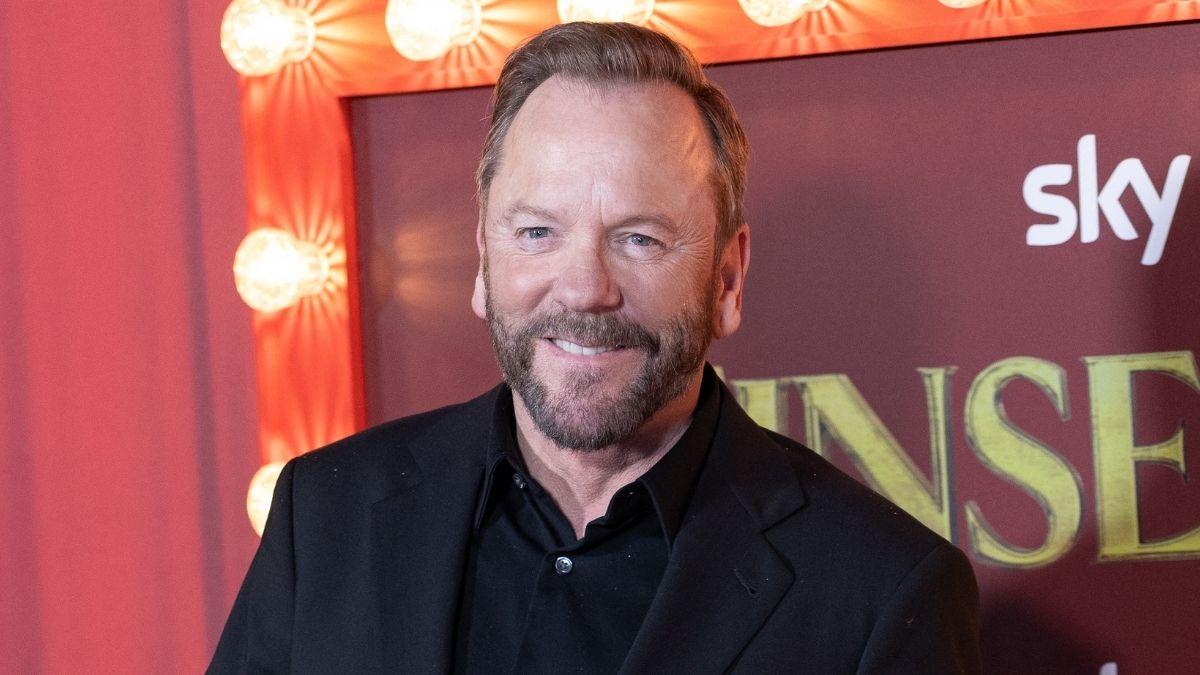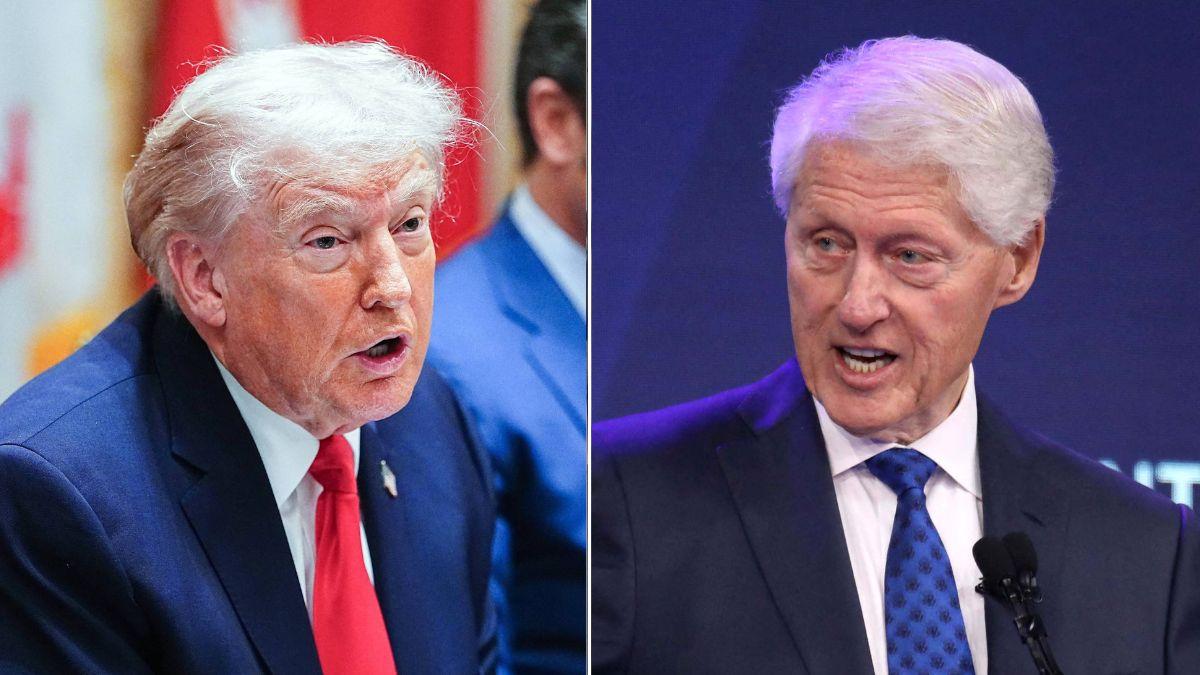Minneapolis Cop Blasts Derek Chauvin for Using 'Totally Unnecessary' Force on George Floyd

April 15 2021, Updated 2:43 p.m. ET
Kneeling on or applying pressure to the neck of a suspect can be deadly, and there is "absolutely" an obligation for the police officer or officers involved to medically intervene as soon as is necessary, says the veteran cop who testified Friday in the murder trial of Derek Chauvin.
Lt. Richard Zimmerman – the most senior officer of the Minneapolis Police Department, where Chauvin worked at the time of George Floyd's death – took the stand to go over standards and ethics as they pertain to law enforcement. He also discussed the training MPD officers receive, explaining that every person must complete an annual refresher course on the department's use-of-force continuum, which includes physical training.
His consensus: The level of force Chauvin used to restrain Floyd on May 25, 2020 was "totally unnecessary."
"Holding him down to the ground face down and putting your knee on the neck for that amount of time, is just uncalled for," he stated, adding that he was never trained to kneel on the neck of a suspect who is prone (lying flat). He said that act – which Chauvin is accused of carrying out for nine minutes – would be considered "the top level of force."
"That person is yours. His safety is your responsibility. His well-being is your responsibility," added the lieutenant.
Zimmerman went on to describe MPD's use-of-force protocol, which he told jurors typically begins by establishing a presence at the scene; then using voice to defuse the situation, followed by using soft force; then by taking the person or people by the arm; then using harder force, MACE or a nightstick, if necessary. He made clear that officers in the department are taught to use deadly force only as a last resort.
Emotional Girlfriend of George Floyd Reveals His Opioid Addiction, Overdose Same Month as Death
MPD cops, according to the veteran, are also instructed to evaluate and change the level of force used on a suspect depending on the threat posed. When a person is in handcuffs, says Zimmerman, "the threat level goes down all the way."
Moreover, Zimmerman explained to jurors that if a suspect is not combative or becomes less combative, "you could sit them on a curb." He said he's been trained on how to properly handle the prone position since 1985, his first year with MPD.
"Once a person is in handcuffed, you need to get them out of the prone position as soon as possible because it restricts their breathing," he said. "If you're laying on your chest, that's constricting [their breathing muscles] even more."
Since police officers are considered first responders, they can perform cardiopulmonary resuscitation (CPR) and/or chest compressions. Zimmerman said police officers are given refreshers on both about every two years, which supports the earlier notion that it is the duty of a police officer kneeling on the neck of a suspect to medically intervene when necessary.
"You need to provide medical care for the person that is in distress,” said Zimmerman. "You need to provide medical assistance before they (the ambulance) arrive."
After reviewing body camera footage of the incident, Zimmerman concluded that Chauvin's knee on Floyd's neck was, in fact, a use of force and that the level of said force remained constant and consistent until an ambulance arrived.

"I saw no reason why the officers felt they were in danger, if that's what they felt, and that's what they would have to feel to be able to use that kind of force," he added, noting that the restraint should have stopped once Floyd was prone and when he appeared to cease resisting.
"Absolutely, I would stop," Zimmerman said.
Chauvin is charged with second-degree murder, third-degree murder and second-degree manslaughter.


